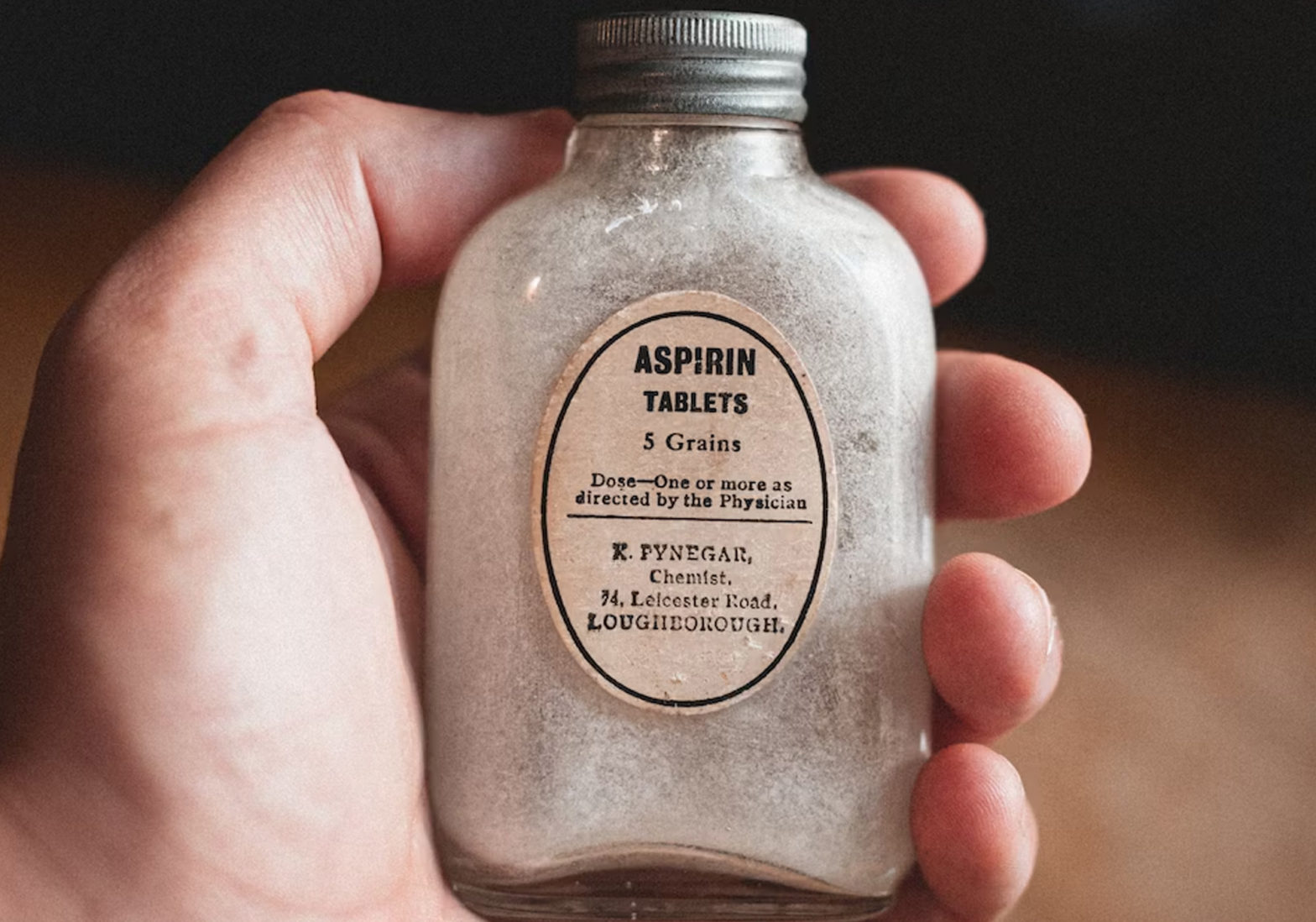New study finds that low dose aspirin increases brain bleeding risk in older adults
A new study published in JAMA Network OpenTrusted Source has found that low dose aspirin increases the risk of brain bleeding in older adults. The study also found that low dose aspirin did not significantly lower the risk of ischemic stroke.
The study, which was conducted by researchers from the University of Sydney and the University of California, San Francisco, looked at data from the ASPREE (ASPirin in Reducing Events in the Elderly) clinical trial. The ASPREE trial included more than 19,000 people in Australia and the United States aged 70 years or older; or 65 years or older for U.S. participants who reported their race or ethnicity as Black or Hispanic.
Participants were randomly assigned to receive either 100 milligrams of (low dose) aspirin daily for more than four years, on average, or an inactive placebo.
The researchers found that 312 participants had a first ischemic stroke during the study. Of these, 24 people died due to the stroke.
In addition, 187 people had bleeding inside the skull, including those with a hemorrhagic stroke. People taking a daily low dose aspirin had a 38% higher risk of this type of bleeding, compared to those in the placebo group.
The researchers concluded that the lack of benefit and potential risks from aspirin in primary stroke prevention provide further evidence in support of the recently published draft recommendation of the USPSTF (U.S. Preventive Services Task Force) against the routine prescribing of low dose aspirin as a primary prevention measure, especially in older persons.
Takeaway
The findings of this study suggest that older adults who take low dose aspirin on a daily basis may be at higher risk of brain bleeding. Additionally, low dose aspirin did not significantly lower the risk of ischemic stroke.
If you are an older adult who is taking low dose aspirin, talk to your doctor about the risks and benefits of continuing to take it. You may want to consider other ways to reduce your risk of stroke, such as eating a healthy diet, exercising regularly, and not smoking.
What else you need to know
- The study was conducted in Australia and the United States, so the results may not be generalizable to other populations.
- The study was observational, so it cannot prove that low dose aspirin caused the increased risk of brain bleeding.
- More research is needed to confirm the findings of this study.
If you have any questions or concerns about your health, please talk to your doctor.


